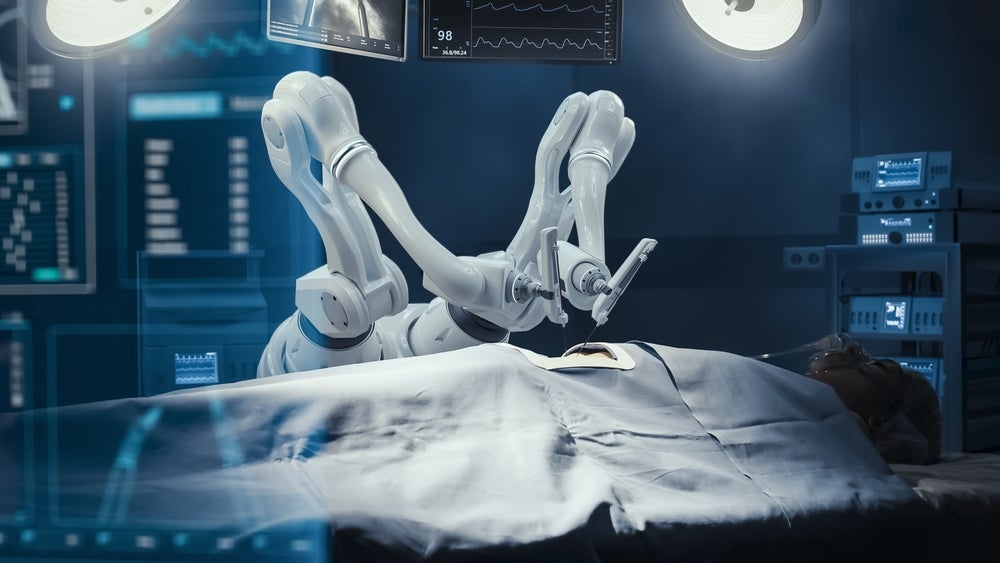Imperative Care has commenced a first-in-human clinical trial of its new investigational stent system designed to facilitate the use of a single antiplatelet therapy in patients undergoing stent-assisted treatment for wide-neck intracranial aneurysms.
Kobe City Medical Center General Hospital neurosurgery director Dr Nobuyuki Sakai successfully treated the initial three enrolled patients.
These patients had planned procedures for stent-assisted coiling of unruptured aneurysms.
They were all discharged within 48 hours, following a regimen of aspirin-only antiplatelet medication, and experienced no complications related to devices or procedures, including clot formation.
Dr Sakai said: “The ability for neurovascular implants to avoid dual antiplatelet drug therapy, which carries the risk of serious bleeding complications, will be an important step forward.
“I am encouraged by these positive early results with Imperative Care’s innovative stent technology and look forward to future investigations in a wide range of patients, including those with ruptured aneurysms.”
The stent system is a coated, low-profile nitinol scaffold intended to be used as a platform technology for several vascular applications.
The company's clinical development programme is initially focused on neurovascular disorders, starting with wide-neck aneurysms.
It aims to evaluate the stent versions for a broader scope of haemorrhagic and ischemic stroke-related conditions.
Imperative Care chairman and CEO Fred Khosravi said: “There is a great deal more work to be done to bring a single antiplatelet stent to patients, but we are deeply committed to making this innovative and critically important technology a major force in future neurovascular treatments.
“In addition to the neurovascular applications, we believe that a single antiplatelet stent could make an important contribution in other targets within the vascular system.”
The medical technology company is focused on the research and development of solutions to treat vascular diseases such as pulmonary embolism and stroke.















